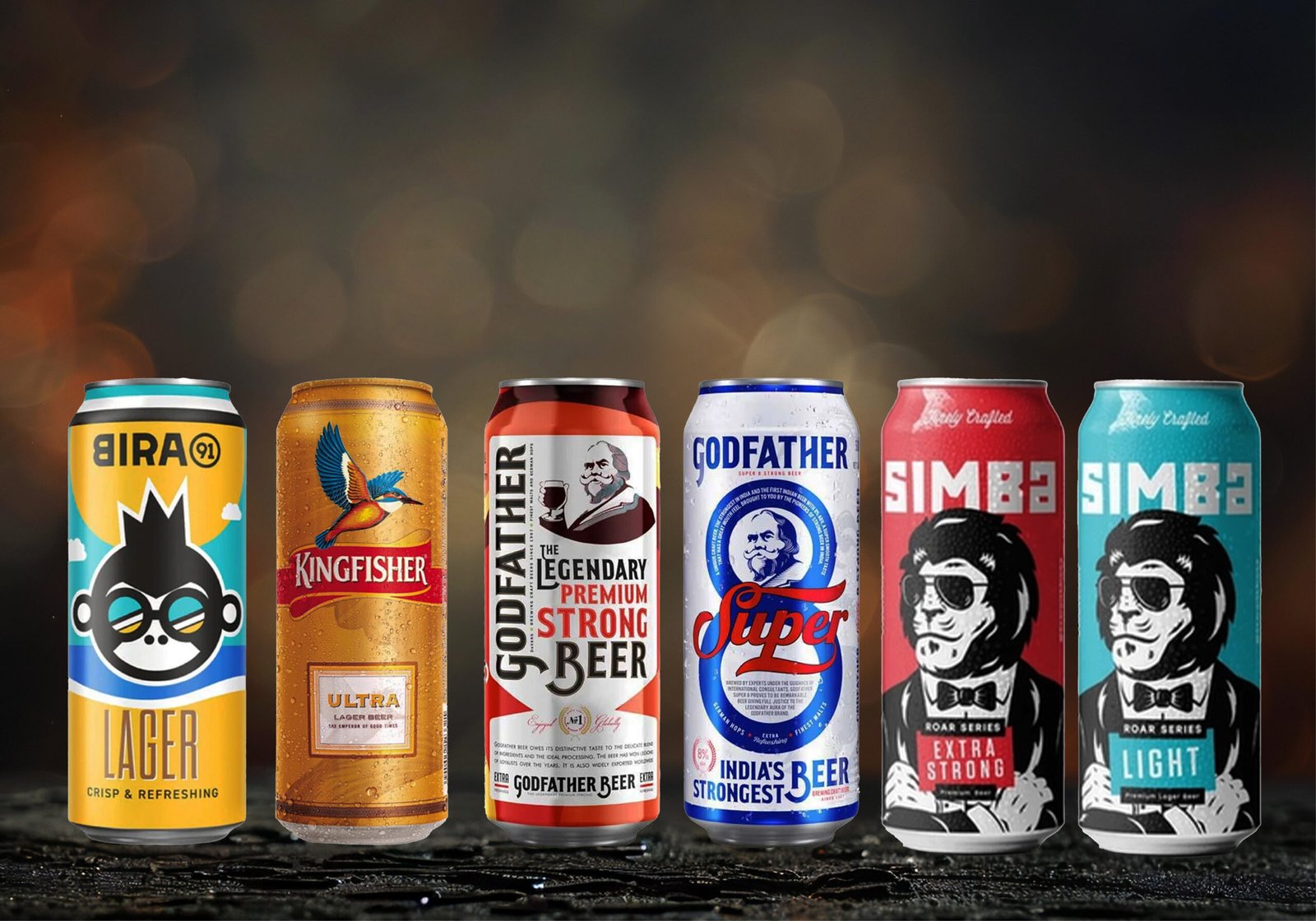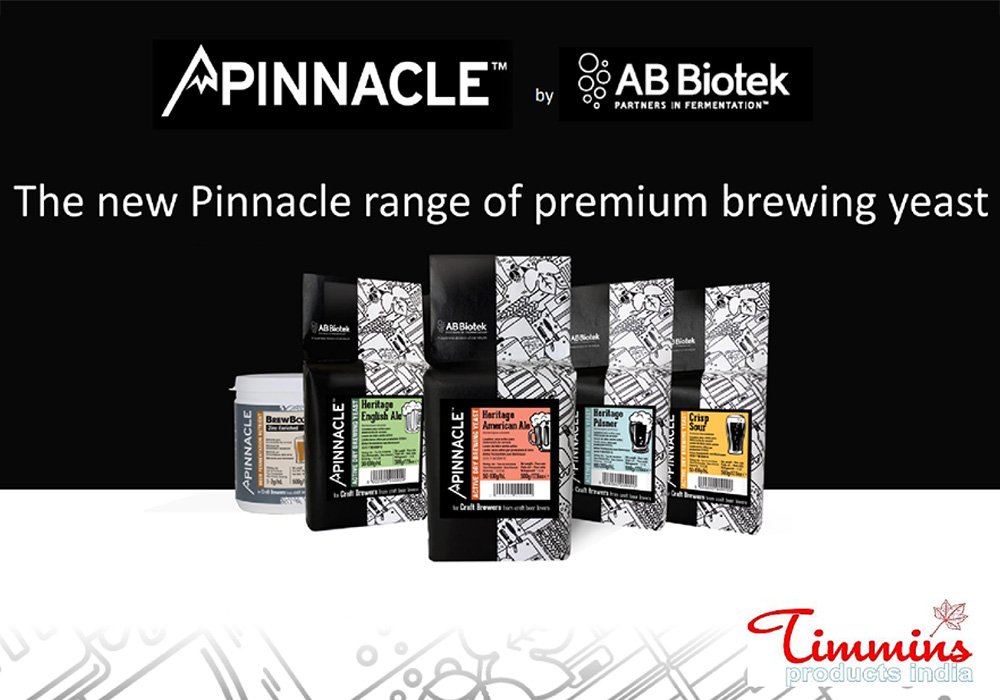
Consumer preferences play a significant role in shaping the beer industry. Changes in consumer tastes, preferences, and behaviours can have a direct impact on the demand for different types of beers, as well as on the strategies and offerings of beer companies. Here are some ways in which changes in consumer preferences affect the beer industry:
Craft Beer Movement
In recent years, there has been a growing demand for craft beer. Consumers are increasingly seeking unique, locally brewed, and high-quality beers with distinct flavours. This shift in preference has led to the rise of numerous craft breweries, creating a more diverse and competitive market. Large beer companies have responded by acquiring or investing in craft breweries, expanding their portfolios to include craft beer offerings.
Health and Wellness
Consumers are becoming more health-conscious, leading to a shift in preference towards healthier options. This trend has influenced the beer industry as consumers seek lower-calorie, low-alcohol, and gluten-free beer options. To cater to this demand, breweries have introduced lighter beer variants and expanded their product lines to include low-alcohol or non-alcoholic beers.
Flavour Innovations
Consumers are increasingly interested in trying new and unique flavours in their beers. They seek experimentation, variety, and novel taste experiences. This has prompted breweries to invest in flavour innovation, introducing a wide range of fruit-infused, spiced, sour or barrel-aged beers. Craft breweries, in particular, have capitalised on this trend by offering small-batch, limited-edition beers with diverse flavour profiles.
Sustainable and Eco-friendly Choices
Consumers are placing more emphasis on sustainability and ethical practices when making purchasing decisions. This trend has prompted breweries to adopt environmentally friendly production methods, such as reducing water usage, using renewable energy sources, and implementing recycling programs. Additionally, consumers are increasingly interested in supporting breweries with transparent supply chains and ethical sourcing of ingredients.
Transparency and Authenticity
As consumers are becoming more and more aware, they value transparency in the products they buy, including beer. They want to know where their beer comes from, how it's made, and the ingredients used. Breweries that can communicate their brewing process, ingredients, and brand story with authenticity are more likely to gain consumer trust and loyalty.
Convenience and Packaging
Convenience is a driving factor in consumer preferences. Many beer drinkers prefer canned beer over bottles due to their portability, lightness, and ease of recycling. Breweries have also started offering more convenient packaging formats, such as single-serve cans or boxed assortments, to cater to changing consumer lifestyles.
Social Media Influence
Social media platforms have become influential in shaping consumer preferences. Beer enthusiasts and influencers share their experiences, recommendations, and reviews, which can significantly impact consumer choices. Breweries have recognized the power of social media and actively engage with consumers through platforms like Instagram, Facebook, and Twitter to build brand loyalty and generate buzz around their products.
In summary, changes in consumer preferences have a profound impact on the beer industry. Breweries must adapt to evolving consumer tastes, incorporate new flavours and styles, prioritise sustainability, and leverage digital platforms to stay competitive in the market. Understanding and responding to consumer preferences is crucial for breweries to attract and retain customers in an increasingly dynamic and diverse beer landscape.













